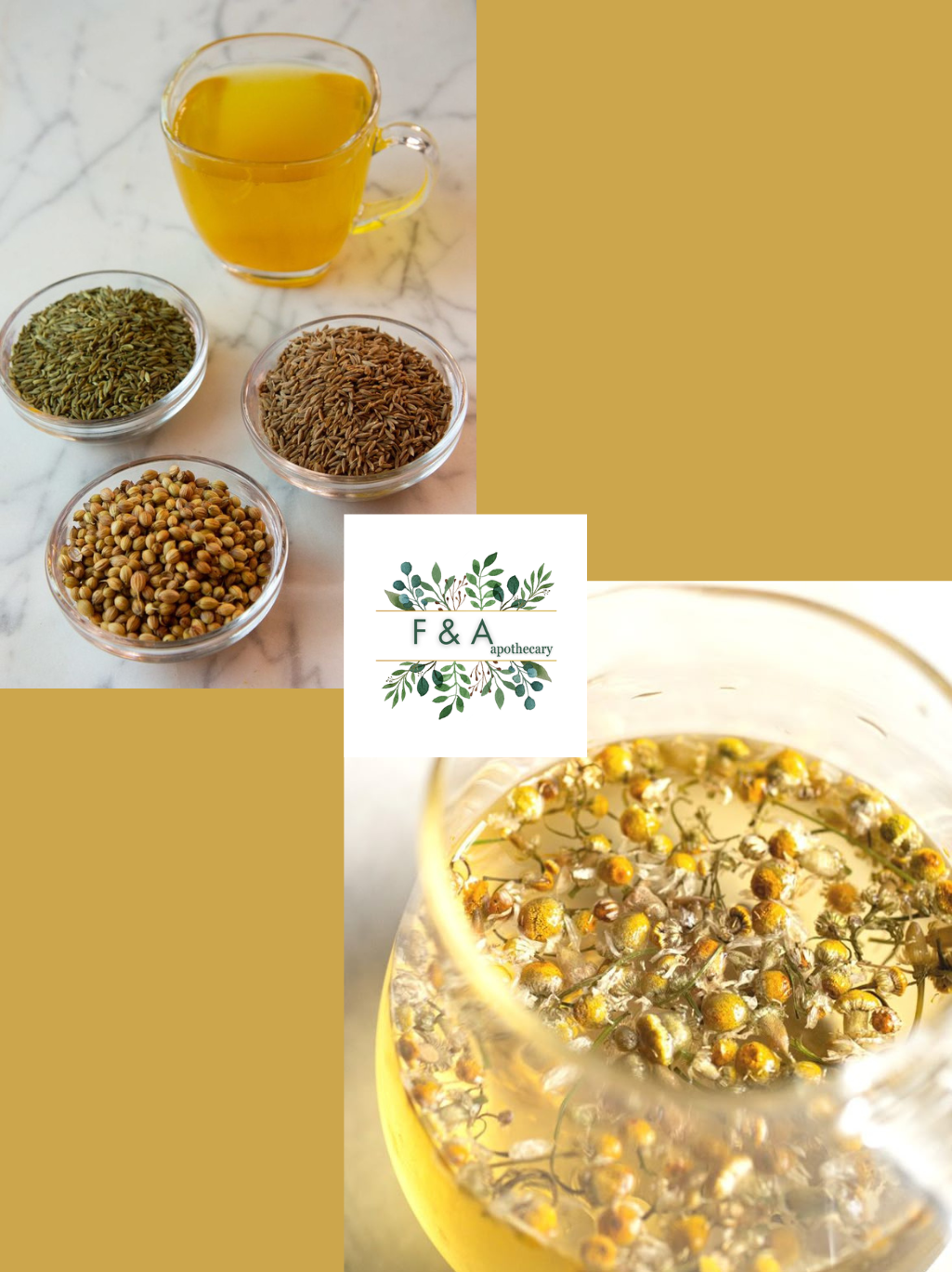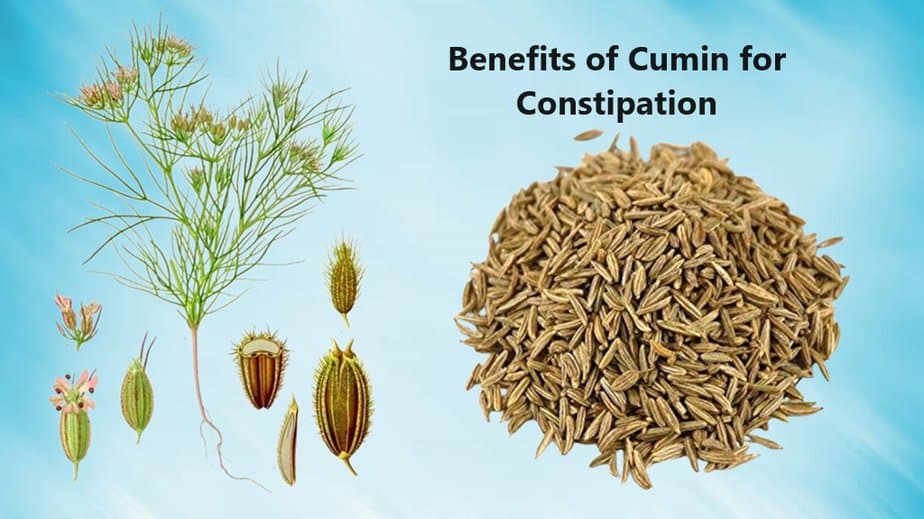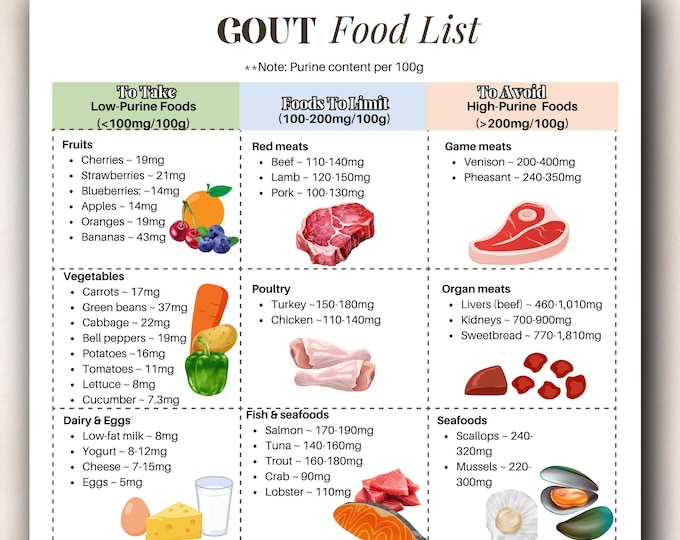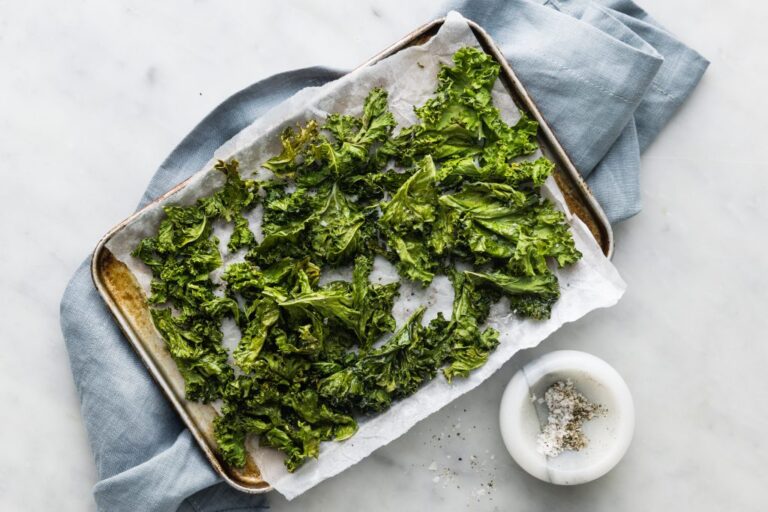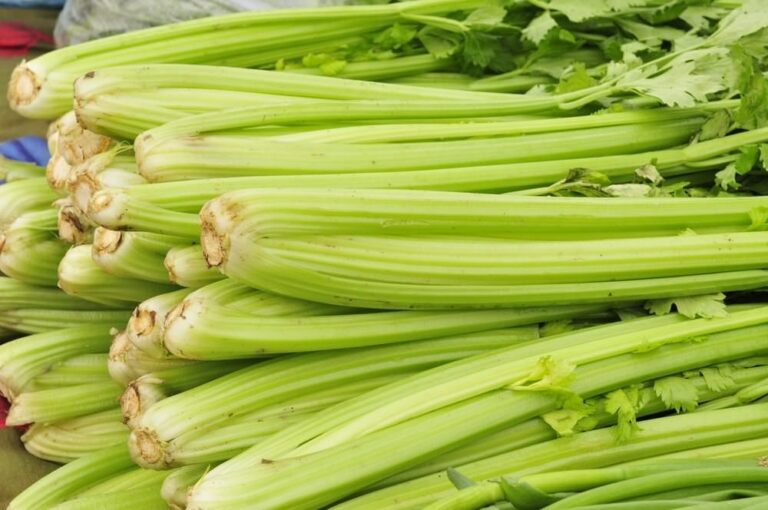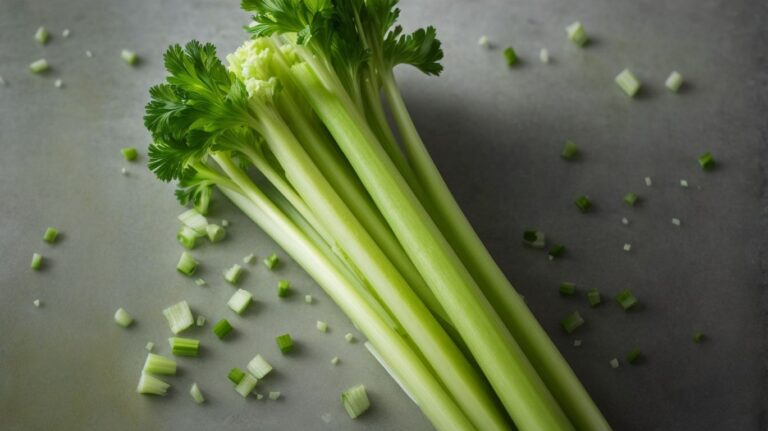The Primal Whisper: How Cumin Soothes Your Gut Feeling and Unlocks Digestive Harmony
The human experience is a tapestry woven with countless threads, some vibrant and bold, others subtle and almost imperceptible. Among the latter is a phenomenon as ancient as our species: the "gut feeling." It’s the knot in your stomach before a difficult conversation, the butterflies of burgeoning love, the sudden unease that whispers caution, or the profound sense of rightness that settles deep within. For centuries, this intuitive sensation was dismissed as mere folklore, a poetic metaphor for the subconscious. Yet, modern science, with its ever-sharpening lens, is now affirming what mystics and mothers have known all along: our gut doesn’t just digest food; it processes emotions, informs decisions, and holds a profound, often overlooked, intelligence.
This profound connection between our brain and our belly, the so-called gut-brain axis, is a superhighway of nerves, hormones, and biochemical signals. And within this intricate internal landscape, a humble seed, steeped in history and fragrant with the essence of distant lands, offers a remarkable balm: cumin. Far more than a mere culinary spice, cumin possesses a storied past and a complex biochemical profile that directly addresses the very real physiological mechanisms underpinning our gut feelings, bringing a profound sense of calm and digestive harmony.
This is the story of that connection – a journey from the primal whisper of our intuition to the scientific intricacies of our digestive system, culminating in the comforting embrace of a spice that has quietly nurtured humanity for millennia. It’s a tale of how ancient wisdom, embodied in the daily culinary rituals of cultures worldwide, holds profound answers to modern maladies and a path to a more integrated, soothed self.
The Second Brain: Unraveling the Gut’s Intelligence
To truly understand how cumin soothes our gut feeling, we must first delve deeper into what that "gut feeling" actually entails. It’s not just a poetic turn of phrase; it’s a physiological reality rooted in one of the most remarkable systems in the human body: the Enteric Nervous System (ENS). Often dubbed our "second brain," the ENS is a vast, intricate network of neurons embedded in the walls of our digestive tract, stretching from the esophagus to the anus. Comprising over 100 million neurons – more than in the spinal cord – it can function independently of the central nervous system (CNS) in many respects, earning its "second brain" moniker.
Imagine a bustling city beneath your diaphragm, constantly communicating, processing information, and making decisions. The ENS orchestrates the complex ballet of digestion: contracting muscles to move food along (peristalsis), releasing enzymes to break it down, regulating blood flow, and absorbing nutrients. But its role extends far beyond mere mechanics. The ENS is a veritable chemical factory, producing over 90% of the body’s serotonin – a neurotransmitter famously associated with mood, happiness, and well-being – and a significant portion of other neurotransmitters like dopamine. This alone explains why gut health has such a profound impact on our mental state and emotional resilience.
The gut and the brain are not isolated entities but rather intimately connected through the vagus nerve, a major neural superhighway. This bidirectional communication pathway constantly exchanges signals, meaning that stress in your brain can manifest as digestive upset, and conversely, inflammation or imbalance in your gut can send distress signals to your brain, influencing your mood, anxiety levels, and even cognitive function. This is why when you’re stressed, your stomach might churn, or when you eat something that disagrees with you, a wave of irritability might wash over you.
Furthermore, within this complex ecosystem resides the gut microbiome – trillions of bacteria, fungi, viruses, and other microorganisms. This bustling community is not just a passive passenger; it actively participates in digestion, synthesizes vitamins, trains the immune system, and crucially, communicates with the ENS and CNS. A balanced, diverse microbiome is key to a healthy gut, and by extension, a healthy mind. When this delicate ecosystem is disrupted – by stress, poor diet, antibiotics, or environmental toxins – the resulting dysbiosis can trigger inflammation, alter neurotransmitter production, and send alarm signals along the vagus nerve, manifesting as discomfort, bloating, erratic bowel movements, and that insidious "bad gut feeling."
So, when we speak of a "gut feeling," we are acknowledging a symphony of physiological processes: neural signals from the ENS, hormonal fluctuations, the delicate balance of the microbiome, and the overarching communication with the brain via the vagus nerve. It is a highly sophisticated internal monitoring system, capable of detecting subtle shifts in our internal and external environment and translating them into tangible sensations – from the profound to the prosaic. And it is precisely this intricate system that cumin, in its humble yet potent way, seeks to soothe and restore.
Cumin’s Ancient Pedigree: A Journey Through Time and Taste
The story of cumin (Cuminum cyminum) is as rich and aromatic as the spice itself. Its origins trace back to the sun-drenched plains of the Middle East and the fertile crescent, where it was cultivated for thousands of years before the dawn of written history. Archaeological evidence points to its use in ancient Egypt as early as 2,000 BCE, not only as a culinary ingredient but also as a preservative and even in mummification rituals. The Egyptians clearly recognized its potent antimicrobial properties long before germ theory was conceived.
From Egypt, cumin embarked on a magnificent journey, carried along ancient trade routes by merchants, conquerors, and explorers. It found a welcoming home in the vibrant culinary traditions of India, where it became a foundational spice, indispensable to countless dishes and central to Ayurvedic medicine. In India, it is known as "Jeera," a name that evokes its deep roots in the subcontinent’s gastronomic and healing heritage.
The Romans, ever appreciative of exotic flavors, also adopted cumin, using it widely in their cooking and as a medicinal herb. Pliny the Elder, the Roman naturalist, noted its digestive benefits, particularly for soothing stomach ailments. As the Roman Empire expanded, so too did the reach of cumin, spreading across Europe. During the Middle Ages, it was a prized commodity, often used to flavor bread, stews, and cheeses, and even believed to ward off evil spirits and ensure loyalty in love.
The spice’s journey continued across continents, arriving in the Americas with Spanish and Portuguese colonizers, where it became a cornerstone of Mexican and Latin American cuisine. Today, from the earthy curries of India to the robust tagines of Morocco, from the zesty salsas of Mexico to the hearty chili of Texas, cumin’s distinctive aroma and warm, slightly bitter, slightly pungent flavor are universally recognized and cherished.
This global journey is not merely a historical footnote; it underscores the enduring human appreciation for cumin’s multifaceted virtues. Beyond its culinary appeal, its consistent presence in traditional medicine systems across diverse cultures – from Ayurveda to Unani, from Chinese herbalism to European folk remedies – speaks volumes about its perceived therapeutic benefits, particularly for the digestive system. These ancient practices, built on generations of observation and empirical wisdom, laid the groundwork for the scientific investigations that would later confirm cumin’s remarkable capacity to soothe and heal.
The Science of Soothe: Cumin’s Bioactive Symphony
What is it about this unassuming seed that grants it such potent digestive powers? The answer lies in its complex chemical composition, a symphony of bioactive compounds working in concert to exert a wide range of therapeutic effects. While hundreds of compounds contribute to cumin’s unique properties, a few stand out as key players in its ability to soothe the digestive system and calm that internal "gut feeling."
1. The Carminative & Antispasmodic Powerhouse:
At the forefront of cumin’s digestive benefits are its carminative and antispasmodic properties. Carminatives are substances that help relieve flatulence, reduce gas, and soothe abdominal discomfort. Cumin achieves this primarily through its volatile organic compounds, especially cuminaldehyde, cymene, and beta-pinene. These compounds stimulate the secretion of digestive enzymes, such as amylase, lipase, and proteases, which are crucial for breaking down carbohydrates, fats, and proteins, respectively. By enhancing enzymatic activity, cumin promotes more efficient digestion, preventing the accumulation of undigested food that can ferment and lead to gas and bloating.
Furthermore, cuminaldehyde and other components act as antispasmodics. They help relax the smooth muscles of the gastrointestinal tract, alleviating cramps, spasms, and the painful contractions often associated with conditions like irritable bowel syndrome (IBS) or general indigestion. Imagine your gut muscles, tense and knotted, suddenly easing and releasing their grip – that’s the antispasmodic effect at play, directly addressing the physical manifestation of a distressed gut feeling. This relaxation also aids in the proper movement of food through the intestines, preventing stagnation and promoting regularity.
2. Anti-inflammatory Prowess:
Inflammation is a pervasive underlying factor in many digestive disorders, from mild discomfort to chronic conditions like inflammatory bowel disease (IBD). Cumin possesses significant anti-inflammatory properties, largely attributed to its flavonoid content and other phenolic compounds. These compounds act by modulating inflammatory pathways, inhibiting the production of pro-inflammatory cytokines (signaling molecules that drive inflammation) and enzymes like cyclooxygenase-2 (COX-2), which are targets for many anti-inflammatory drugs.
By reducing inflammation in the gut lining, cumin helps to restore the integrity of the intestinal barrier. A compromised gut barrier, often referred to as "leaky gut," allows undigested food particles, toxins, and microbes to pass into the bloodstream, triggering immune responses and systemic inflammation. Cumin’s anti-inflammatory action helps to repair and protect this vital barrier, reducing irritation and promoting a healthier internal environment, thereby calming the chronic background noise that contributes to a negative gut feeling.
3. Antioxidant Guardian:
Our bodies are constantly under assault from free radicals, unstable molecules that can damage cells and contribute to aging and disease. The digestive process itself can generate free radicals, and stress, toxins, and poor diet exacerbate this oxidative stress. Cumin is a potent source of antioxidants, including flavonoids, phenols, and vitamin E. These antioxidants act as cellular bodyguards, neutralizing free radicals and protecting the delicate cells of the digestive tract from oxidative damage.
This protective effect is crucial for maintaining overall gut health and resilience. A gut free from excessive oxidative stress is better equipped to perform its functions, absorb nutrients, and communicate effectively with the rest of the body, contributing to a sense of well-being and a calmer gut feeling.
4. Antimicrobial & Probiotic Support:
The balance of the gut microbiome is paramount to digestive and overall health. Cumin exhibits antimicrobial properties that can help in maintaining this delicate balance. Its compounds, particularly cuminaldehyde, have been shown to inhibit the growth of certain pathogenic bacteria, yeasts, and fungi, while not adversely affecting beneficial gut flora.
By gently discouraging the overgrowth of harmful microbes, cumin indirectly supports the proliferation of beneficial bacteria. A healthy, diverse microbiome is essential for optimal digestion, nutrient absorption, and the production of beneficial compounds like short-chain fatty acids (SCFAs), which nourish gut cells and have systemic anti-inflammatory effects. A balanced microbiome sends positive signals along the gut-brain axis, fostering a more positive gut feeling.
5. Bile Secretion & Fat Digestion:
Cumin also plays a role in enhancing the secretion of bile acids from the liver and gallbladder. Bile is essential for the emulsification and digestion of fats, as well as the absorption of fat-soluble vitamins (A, D, E, K). Efficient fat digestion prevents symptoms like indigestion, bloating, and feelings of heaviness after meals, especially those rich in fats. By optimizing this process, cumin ensures that the digestive system operates smoothly, reducing discomfort and contributing to a lighter, more comfortable gut feeling.
In essence, cumin doesn’t just address one aspect of digestive distress; it orchestrates a multi-pronged attack on various fronts. It eases spasms, reduces gas, fights inflammation, protects cells, balances microbes, and optimizes fat digestion. This comprehensive action is what makes it such a powerful ally in soothing the digestive system and, by extension, harmonizing the subtle signals of our gut feeling.
Cumin in Practice: From Kitchen to Clinical Calm
The beauty of cumin lies not just in its scientific prowess but in its accessibility and versatility. For millennia, it has been woven into the fabric of daily life, offering its therapeutic benefits disguised as delicious flavor. Incorporating cumin into your routine can be a simple yet profound act of self-care for your digestive system and your inner wisdom.
Culinary Alchemy:
The simplest way to harness cumin’s power is through your kitchen.
- Whole Seeds: Lightly toasting whole cumin seeds in a dry pan until fragrant before adding them to dishes enhances their flavor and releases their volatile oils. This "tempering" (tadka in Indian cuisine) is a common technique for starting stews, dals, and vegetable dishes.
- Ground Cumin: Ground cumin is excellent for marinades, rubs for meats, flavoring roasted vegetables, or enriching the depth of chili, curries, and soups.
- Cumin Tea (Jeera Water): One of the most traditional and effective methods for digestive relief is "Jeera Water." Simply boil a teaspoon of whole cumin seeds in a cup of water for 5-10 minutes, then strain and sip. This warm, earthy brew is an ancient remedy for indigestion, bloating, and nausea, and can be particularly soothing after a heavy meal or first thing in the morning.
- Yogurt & Cumin: A sprinkle of roasted ground cumin over plain yogurt or raita (an Indian yogurt dip) is not only delicious but combines the probiotic benefits of yogurt with cumin’s digestive aids.
Beyond the Plate:
While culinary applications are primary, cumin’s benefits are also explored in other forms:
- Supplements: Cumin extract or essential oil supplements are available, offering concentrated doses of its bioactive compounds. However, always consult a healthcare professional before starting any new supplement regimen.
- Traditional Remedies: In Ayurvedic practice, cumin is often combined with other herbs to create synergistic blends for specific digestive issues. For example, a blend of cumin, coriander, and fennel (CCF tea) is renowned for its gentle yet effective digestive support.
Modern Research & Anecdotal Evidence:
While traditional wisdom has long championed cumin, modern science is increasingly providing empirical support. Studies have explored its efficacy in managing symptoms of IBS, improving digestion, and even its potential role in weight management and blood sugar control. While more large-scale clinical trials are always needed, the existing body of research, combined with millennia of anecdotal evidence, paints a compelling picture of cumin as a powerful digestive aid.
Imagine a busy professional, constantly battling stress-induced bloating and indigestion. After years of relying on antacids, she discovers the simple ritual of sipping warm jeera water after meals. Slowly, the persistent discomfort begins to recede. The "knot" in her stomach unravels, the bloating subsides, and with it, a subtle but significant shift in her overall well-being. She starts to feel more grounded, less anxious, more attuned to her body’s signals – her gut feeling, once a source of distress, now whispers more calmly. This isn’t just about digestion; it’s about reclaiming a sense of internal peace and control.
The Holistic Embrace: Cumin as a Bridge to Inner Harmony
The journey from the abstract concept of a "gut feeling" to the tangible comfort provided by a simple spice like cumin reveals a profound truth: our bodies are interconnected systems, and our well-being is a holistic endeavor. Cumin doesn’t just soothe the physical symptoms of indigestion; by doing so, it calms the physiological pathways that contribute to our emotional and intuitive landscape. When the gut is in distress, it sends alarm signals to the brain, manifesting as anxiety, irritability, and a general sense of unease. When the gut is soothed, those alarm signals quieten, allowing for a clearer connection to our innate wisdom and a more serene internal state.
Cumin, therefore, becomes more than just a spice; it transforms into a symbol of mindful living, a bridge between ancient wisdom and modern scientific understanding. It reminds us that sometimes, the most potent remedies are found not in complex pharmaceuticals but in the simple gifts of nature, carefully cultivated and understood over generations.
In a world that often encourages us to ignore or override our internal signals, rediscovering the power of a spice like cumin is an act of defiance and self-nurturing. It is an invitation to pause, to listen to the subtle whispers of our body, and to offer it the gentle, effective support it deserves. By embracing cumin, we are not just adding flavor to our food or alleviating digestive discomfort; we are honoring the intelligence of our gut, fostering inner harmony, and empowering ourselves to cultivate a deeper, more peaceful connection with that primal whisper – our gut feeling. Let the earthy warmth of cumin be a daily reminder that true well-being begins within, nurtured by wisdom, tradition, and the profound generosity of the earth.
